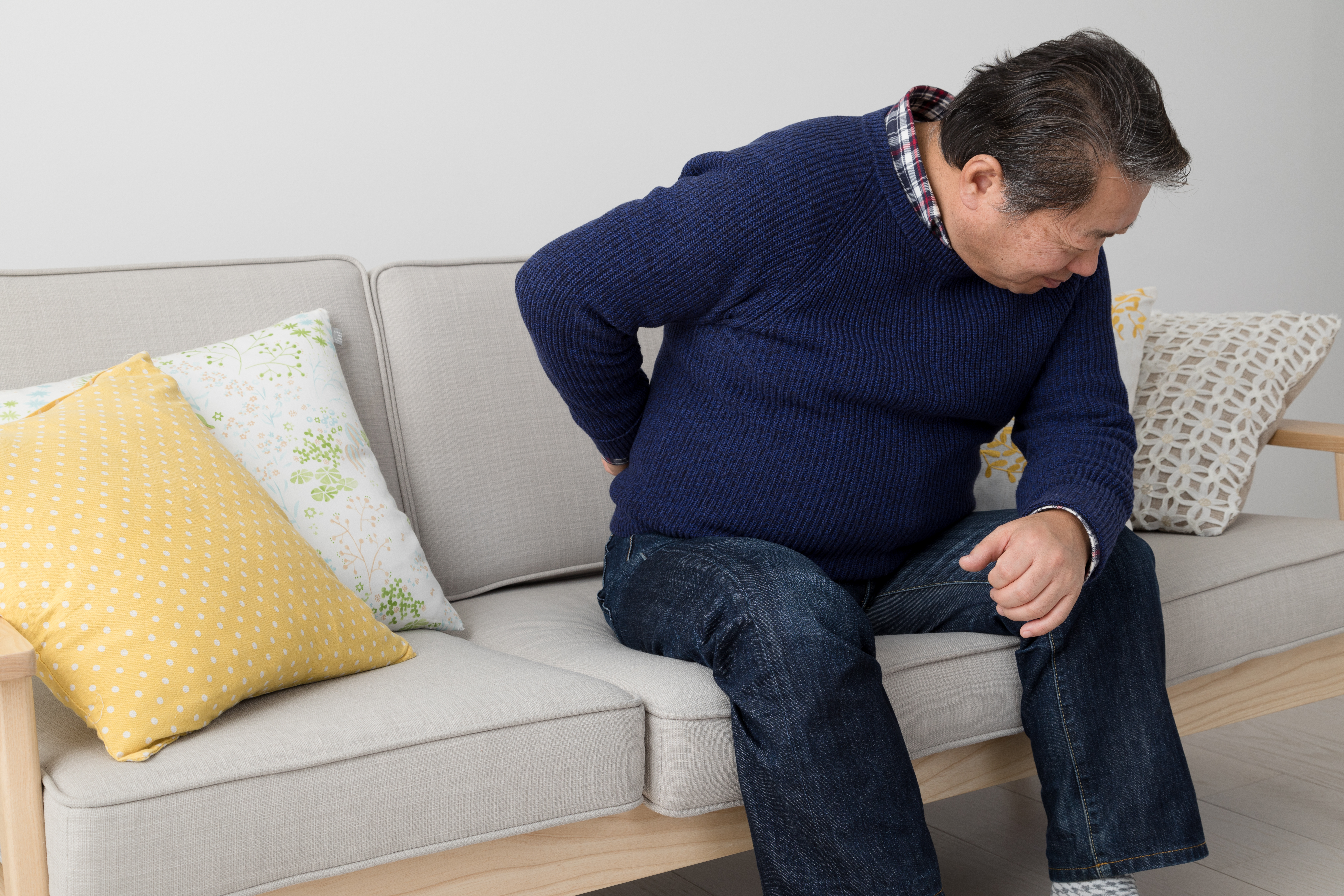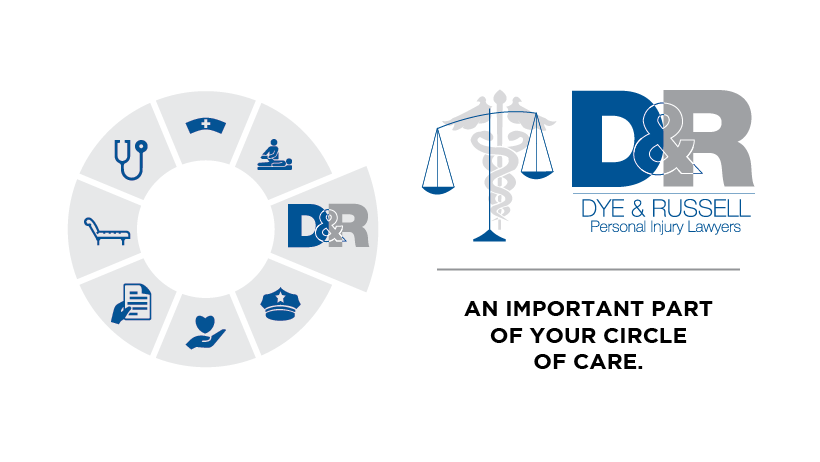Chronic pain can be debilitating. Living with this chronic condition can have an immense effect on your life, health and relationships, making it difficult to stay positive.
But there are a few small life changes you can try to navigate your road to a life with less pain. Here are some tips from WebMD to reduce your chronic pain that might work for you:
1. Meditation
Learning meditation can be a great way to relax. The calm and relaxation that meditation aims to achieve through focusing and quieting your thoughts can not only help you relax mentally but also physically. Reducing the amount of stress in your body can in turn help reduce the pain in your body and help relax the stress it puts on you mentally.
2. Destress
Living with chronic pain can make you feel a gamut of negative emotions due to the limitations and sensations it can introduce into your life. Since your body and mind work together these negative emotions can in turn intensify the initial pain.
By taking control of stress in your life you can help reduce your pain by breaking the cycle. To destress try a number of things to see what works for you. Introducing activities like listening to music that relaxes you, and progressive muscle relaxation are just some things that might work for you.
3. Exercise
Exercising causes your body to release endorphins, which interact with receptors in your brain that can reduce pain perception. Aside from the physical benefits of regular exercise like reduced heart disease risk and controlled blood sugar levels, regular exercise has been shown to reduce stress, improve sleep, reduce feelings of anxiety and depression, as well as boost self esteem. Before choosing on an exercise regime make sure to ask your doctor what exercise is right for you.
4. Alcohol
Living with chronic pain can make sleep difficult. Consuming alcohol, can seem like a good way to help with sleep since it helps induce sleep—but it actually reduces
the amount of restorative rapid eye movement (REM) sleep. Reducing the amount of alcohol you consume, or cutting it out completely, could improve your quality of life.
5. Support groups
The mental toll of chronic pain can be immense. Meeting others dealing with chronic pain through support groups not only can make you feel less alone in coping with the pain but can be a great avenue to discover ways others cope with chronic pain. It’s not uncommon for people with chronic pain to develop depression. Seeking out help from a mental health professional can be very beneficial to your overall health.
6. Smoking
Having a smoking habit carries with it a number of negative health effects. While smoking may give you an initial boost from the nicotine, the lasting negative effects from the habit can make your chronic pain worse. There’s evidence suggesting that smokers are at an increased risk of developing certain chronic pain disorders and experience more intense pain than non-smokers. Quitting smoking and reducing your exposure to secondhand smoke can be beneficial to your overall health and your chronic pain.
7. Keep track
Help your doctor give you the best treatment possible by keeping track of your pain. At the end of every day note your pain that day on a scale from one to 10 and what activities you did that day. Bringing this information to your doctor appointments can help your doctor understand your pain and your physical functioning. Better treatment could mean less pain.
8. Massage
Getting a massage can help your chronic pain in a number of ways. Massage can reduce stress which can help you relax mentally as well as physically. Massage also relieves tension in your muscles which can help with pain relief.
9. Diet
What you eat has a massive effect on your health. Making sure you have a well-balanced diet can have a positive effect on your overall health and is important for anyone living with a chronic condition.
10. Distraction
What are you passionate about? What do you like doing? Instead of focusing on your pain, diverting your focus to activities that you enjoy can help distract you from the pain. Not only will they divert your attention but incorporating them into your day-to-day will enrich your life as well.
Fast dial #1000 free from your cell and we’ll get you the support you need.







